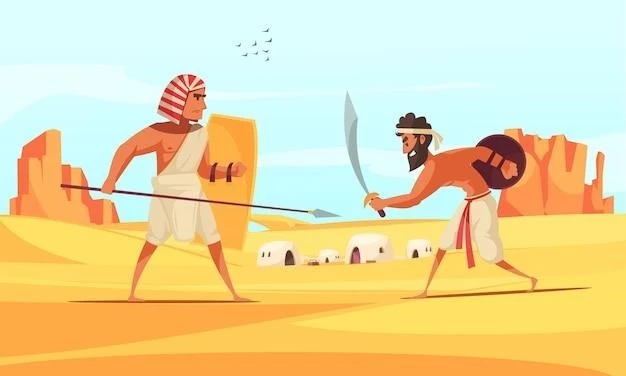Sports, as we know them today, have a rich and fascinating history, rooted in the ancient world. From the earliest civilizations, humans have engaged in activities that involved physical exertion, skill, and competition. These activities, while often different from modern sports, laid the foundation for the diverse and global phenomenon of sports that we see today.

Ancient Mesopotamia: The Birth of Organized Games
The ancient Mesopotamian civilization, flourishing in the fertile valleys of the Tigris and Euphrates rivers, is credited with some of the earliest forms of organized games. Archaeological evidence suggests that games involving ball-playing, wrestling, and chariot racing were common in Sumerian and Akkadian societies. The “Royal Game of Ur,” a board game found in the ruins of the ancient city of Ur, provides a glimpse into the intellectual and strategic games enjoyed by the elite.
Ancient Egypt: Games of Strength and Skill
In ancient Egypt, physical fitness and prowess were highly valued. Games like wrestling, archery, and juggling were popular forms of entertainment and training for warriors. The Egyptian god Horus was depicted in various myths and art as a skilled archer, highlighting the importance of archery in Egyptian culture. The ancient Egyptians also enjoyed various board games like “Senet,” a game of strategy and luck, which was played on a board with squares and pieces representing various deities.
Ancient Greece: The Birth of the Olympics
Ancient Greece is perhaps the most famous for its contributions to sports, particularly the Olympic Games. Held every four years in honor of Zeus, the king of the gods, the Olympics brought together athletes from across Greece to compete in various athletic disciplines. These included running, wrestling, boxing, chariot racing, and the pentathlon (a combination of running, jumping, discus throwing, javelin throwing, and wrestling). The Olympics served not only as a celebration of athletic excellence but also as a symbol of unity and peace among the warring city-states of Greece.
Ancient Rome: Spectacles of Entertainment and Power
The Roman Empire inherited the Greek tradition of games and spectacles, further developing and expanding upon it. The Romans were known for their love of gladiatorial contests, chariot races, and other forms of public entertainment. The Colosseum, a massive amphitheater built in Rome, was the stage for these spectacles, which often involved violence and bloodshed. Games like “Harpastum,” a form of football, were also popular among the Roman populace.

The Legacy of Ancient Sports
The sports of ancient civilizations have left a lasting legacy on modern sports. The Olympics, the most prestigious sporting event in the world, traces its roots directly to the ancient Greek Games. Many modern sports, such as wrestling, boxing, and running, have their origins in ancient practices. The spirit of competition, the pursuit of excellence, and the values of fairness and sportsmanship, all have their roots in the ancient world.
While the sports of ancient civilizations may have differed from those we see today, they demonstrate the enduring human fascination with physical exertion, competition, and skill. These ancient traditions serve as a reminder of the long and rich history of sports and their importance in human culture.










